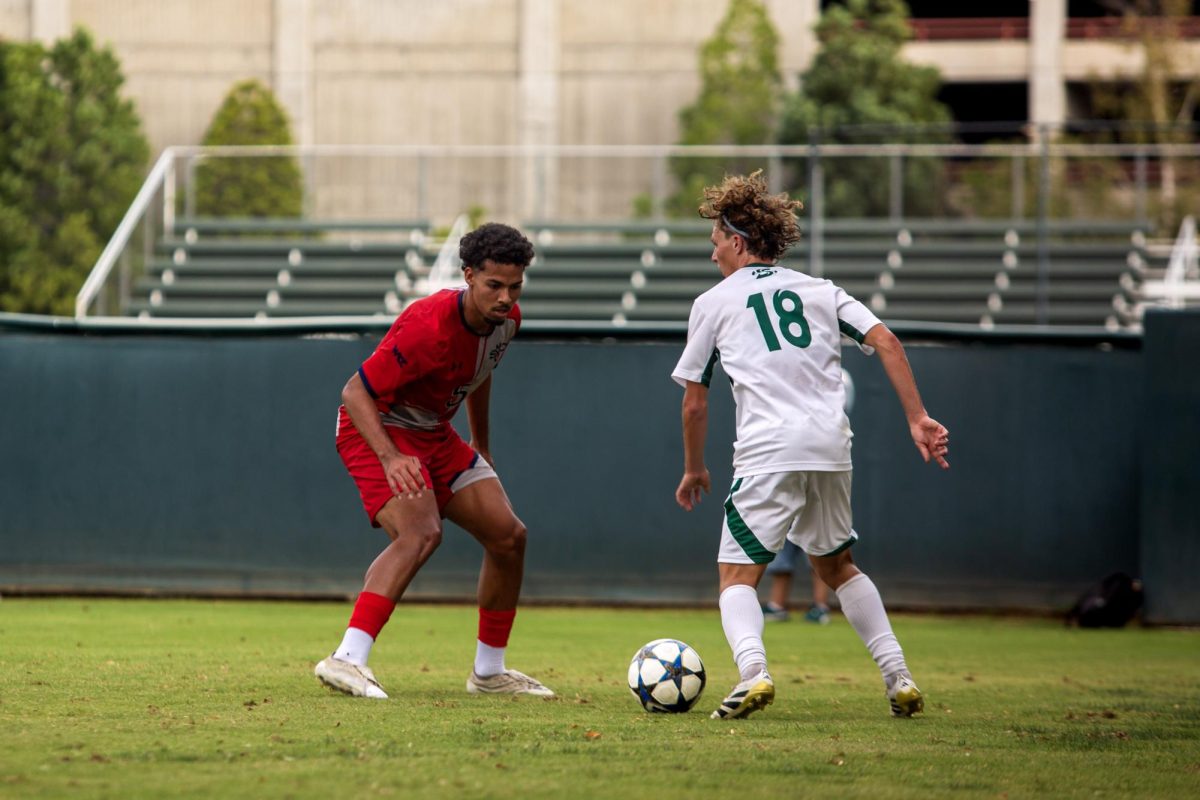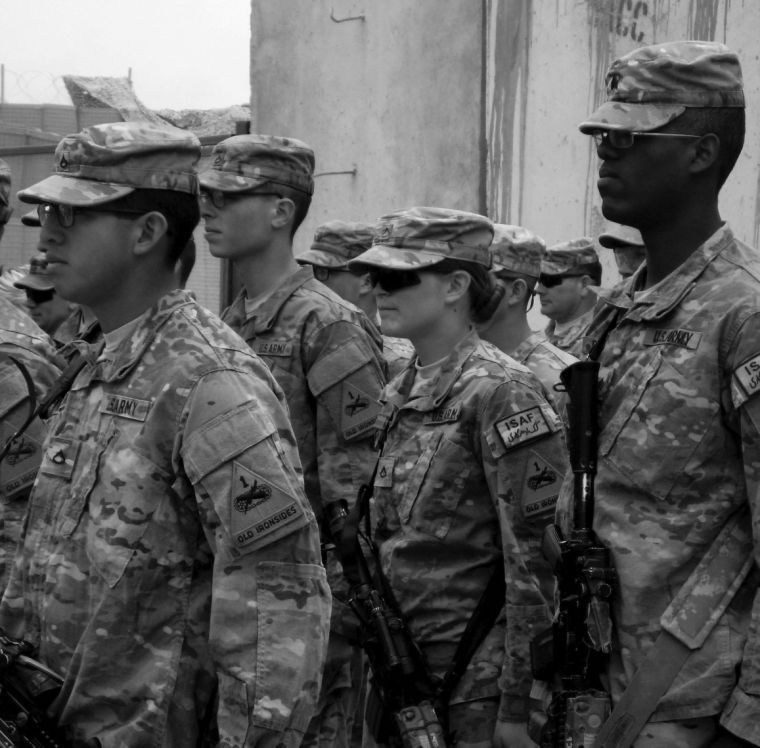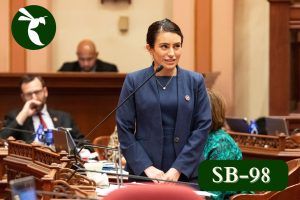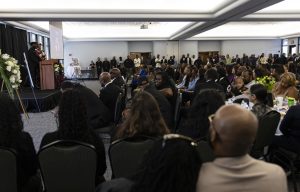Veteran’s Association stonewalling victims of military sexual assault
Army Private First Class Rosie Darby stands in a formation at a combat outpost in the Zhari district of Kandahar province, Afghanistan on February 1, 2013. (Alexandra Zavis/Los Angeles Times/MCT)
December 4, 2013
A report came out by the American Civil Liberties Union, Service Women’s Action Network and the Veterans Legal Service Clinic at Yale Law School alleging that the US Department of Veteran’s Affairs discriminates against military sexual trauma survivors. This is beyond deplorable.
The Veteran’s Association has a vested interest in making sure all requests for mental health disability benefits are related to a condition caused by serving time in the military.
However, those seeking benefits under claims of post-traumatic stress disorder are taken at their word and granted full benefits while those claiming military sexual trauma – or MST – are scrutinized more keenly and required to provide paperwork that their counterparts are not.
Sexual assault in the military is a serious on-going problem because of the reticence so many officials have toward victims and their claims and the blatant lack of sensitivity shown to many victims.
With every case swept under the rug or left unprosecuted, the morale of the armed forces decreases. And now victims continue to suffer when they must fight an unfair, and often unsuccessful, battle for benefits.
According to the report, women who experience sexual assault in the military are nine times more likely to develop PTSD than their male counterparts. But in 2011, the VA granted 74.2 percent of PTSD claims and only 44.6 percent of MST claims.
Our military cannot continue to ignore the needs of victims of sexual assault because some officials don’t want a tainted reputation.
The Department of Defense estimates about 19,000 sexual assaults occur in the military per year but only 1,108 troops filed for an investigation during the 2013 reporting period and during that period only 575 cases were processed.
Navy veteran Ruth Moore fought her case for 23 years to get disability benefits after being raped twice by her supervisor.
The Navy did not prosecute and the VA repeatedly denied her claims for disability compensation for PTSD, despite a medical diagnosis. They required extra evidence simply because Moore’s PTSD claim was linked to military sexual trauma. These discriminatory demands left her without compensation, homeless, and suicidal.
The first step of action needs to be within our military. When 87 percent of cases, according to the department of defense, are not being reported or prosecuted, something in the system has to change.
Victims of MST are often not given the same respect when reporting their trauma and receiving benefits is near impossible for many. If veterans with PTSD are receiving full mental health benefits, as they should, the same should apply to veterans suffering from MST without discrimination.
Rep. Jackie Speier, one of the most outspoken advocates of military sexual assault victims in Congress, introduced an amendment to the 2014 defense appropriations bill. In July, the House passed the amendment to increase support of military sexual assault victims.
“Mental-health diagnoses are rampantly misused to administratively discharge or retaliate against survivors of sexual assault,” Speier said. “These dismissals are like scarlet letters, pinned where medals should be.”
The bill amendment is a step in the right direction, but so much more needs to change to ensure veterans receive the mental health benefits they need without trauma discrimination.

























































































































